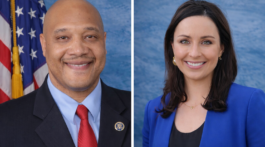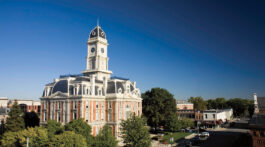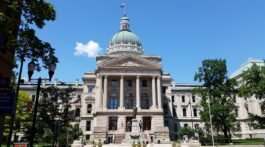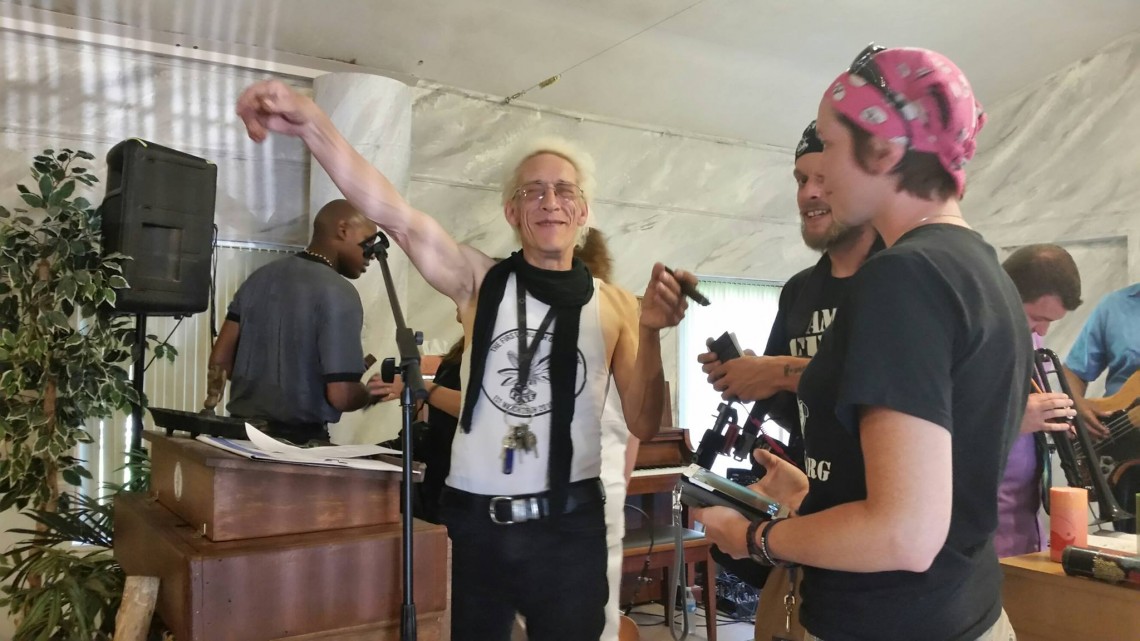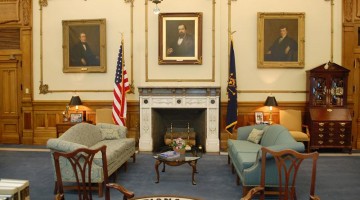Members of the First Church of Cannabis in Indianapolis plan to testify at the Statehouse supporting a bill intended to clarify students’ rights when it comes to religious expression.
The Indiana House last week passed HB 1024, which proponents say will protect students from religious discrimination.
The bill calls for schools to allow religious expression in student homework, artwork and other class assignments. School officials allow must students to pray before, during and after school, as well as provide them with access to the same school facilities as secular groups and be able to wear clothing that displays religious messages. The legislation also creates a “limited public forum” for religious viewpoints at school events.
Opponents say the bill is unnecessary because those students’ rights are protected by law, but supporters say this clarifies things for school officials.
Bill Levin, the leader of the First Church of Cannabis, which was created as a result of Indiana’s Religious Freedom Restoration Act controversy two years ago, tells Indy Politics, they support the measure and that “cannaterians” should be able to spread the religious word about cannabis which they believe is a sacrament.
Levin released the following statement on Facebook…
“Recently the Good Folks down at The Indiana State House passed HB 1024, which some say will protect students from religious discrimination… I Love these guys… lol… Since our church members believe in the healing and spiritual power associated with cannabis, and we believe our kids should be allowed to take those beliefs to school without fear or consequence… Maybe I will go encourage them…. That would be fun.”
“Our church members believe in the healing and spiritual power associated with cannabis, and we believe our kids should be allowed to take that message to school without fear or consequence,” Levin told Indy Politics
The Church currently has a lawsuit pending against the state and city and Indianapolis for religious discrimination since its members cannot use cannabis as part of the sacrament.
The legislation is scheduled for a hearing on March 8.





